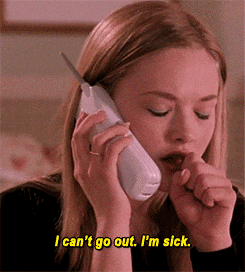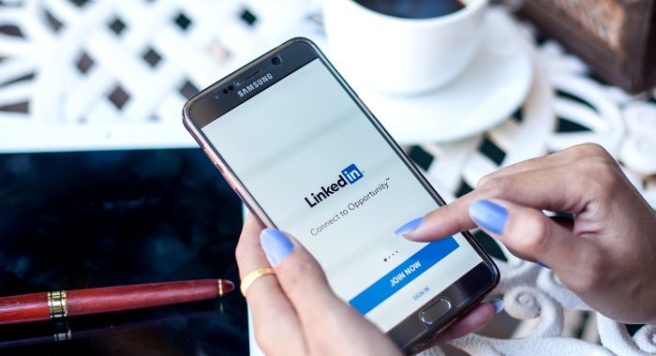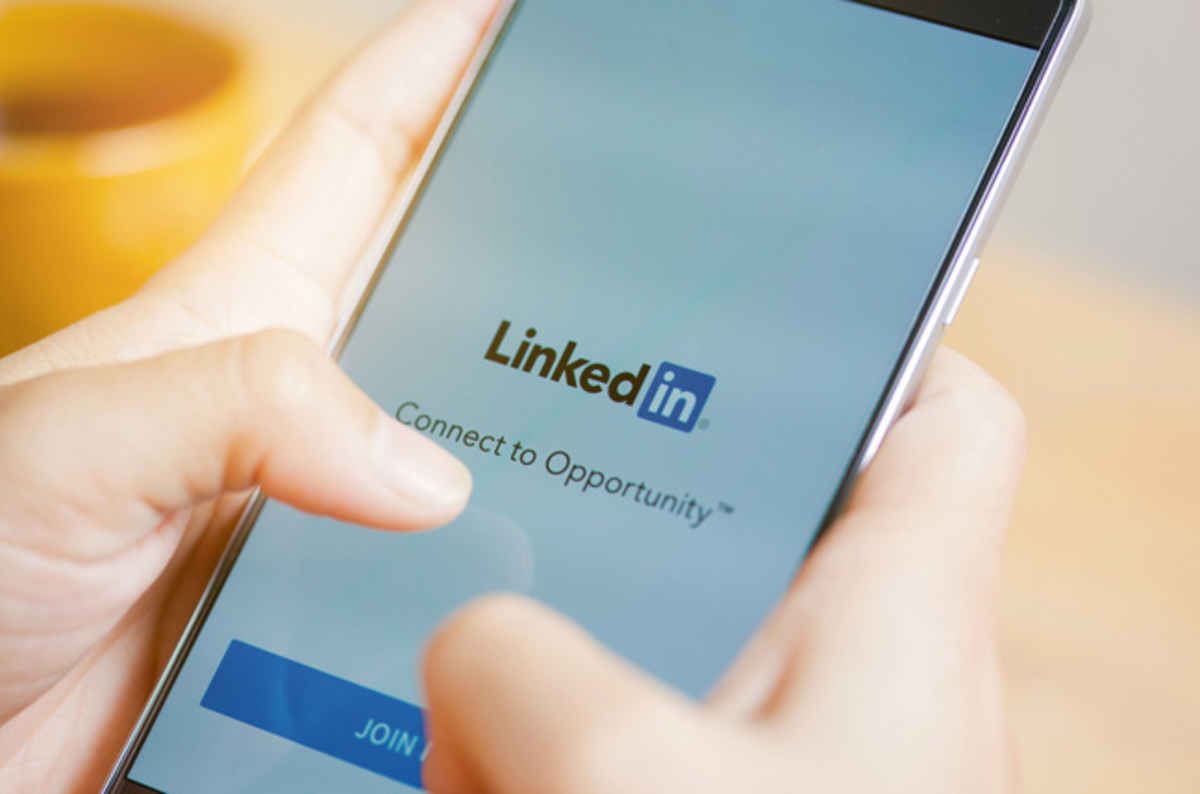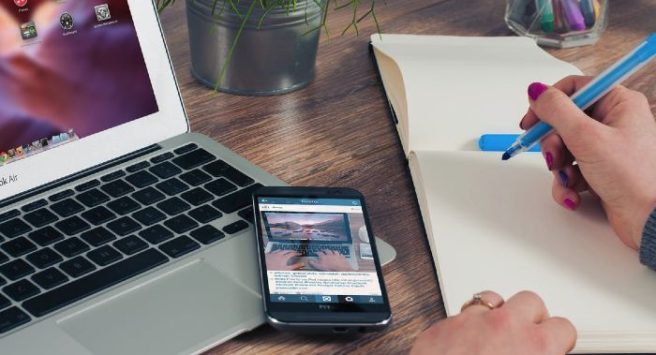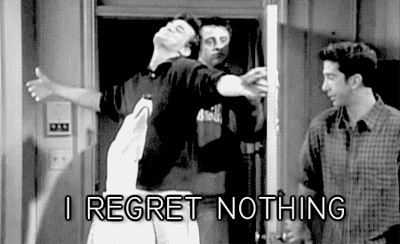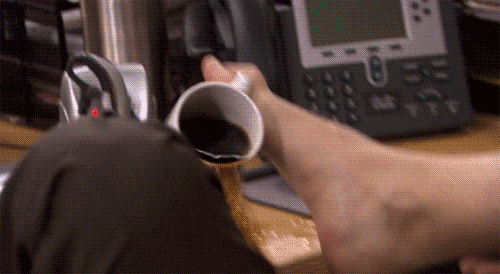
THESE are the graduates most likely to find a job after college
Research from the Higher Education Authority (HEA) has presented results on the graduates who are most likely to find a job after college.
Naturally, we were curious and had to check out the scores. Unsurprisingly, creative work seems fairly sparse *sighs*.
As it turns out, teachers are the most likely to find a job after they graduate, with over 93 percent of recent education grads finding employment within nine months of finishing their course.

The HEA's research found that graduates in areas such as health and welfare (87 percent), ICT (82 percent) and engineering (82 percent) had especially high employment outcomes.
Nearly 80 percent of third-level students secured work within nine months of graduating, which is good news.
The HEA found that students who studied subjects like philosophy and literature were the LEAST likely to be employed…sorry to all those deep thinkers and bookworms out there.

Anyone who completed their arts and humanities studies were actually among the highest percentages who embarked on further study, at 24 percent.
The study involved 29,000 participants who graduated back in 2017, and found that teaching grads are one of the best paid. Their starting salaries mostly came in at €30-€35,000.
The average salary of full-time graduates in employment was €33,574. The HEA's Valerie Harvey said that those who complete further study are the most employable.

She commented on the research, saying that; "The overwhelming majority of all graduates are working and as you move through the levels of educational attainment higher numbers are in employment."
She continued, "So we found that 75 percent of honours degree, 86 percent of post-graduate taught and 91 percent of postgraduate research graduates are in employment."
78 percent of those participants surveyed are working or due to begin a job, and 14 percent of those surveyed are in training or further education.
A further five percent are searching for work, and the remainder are in "further activities", like travelling the world or saving the turtles. Apparently, 90 percent of those who graduate find a job in Ireland. That one surprised us, alright.









